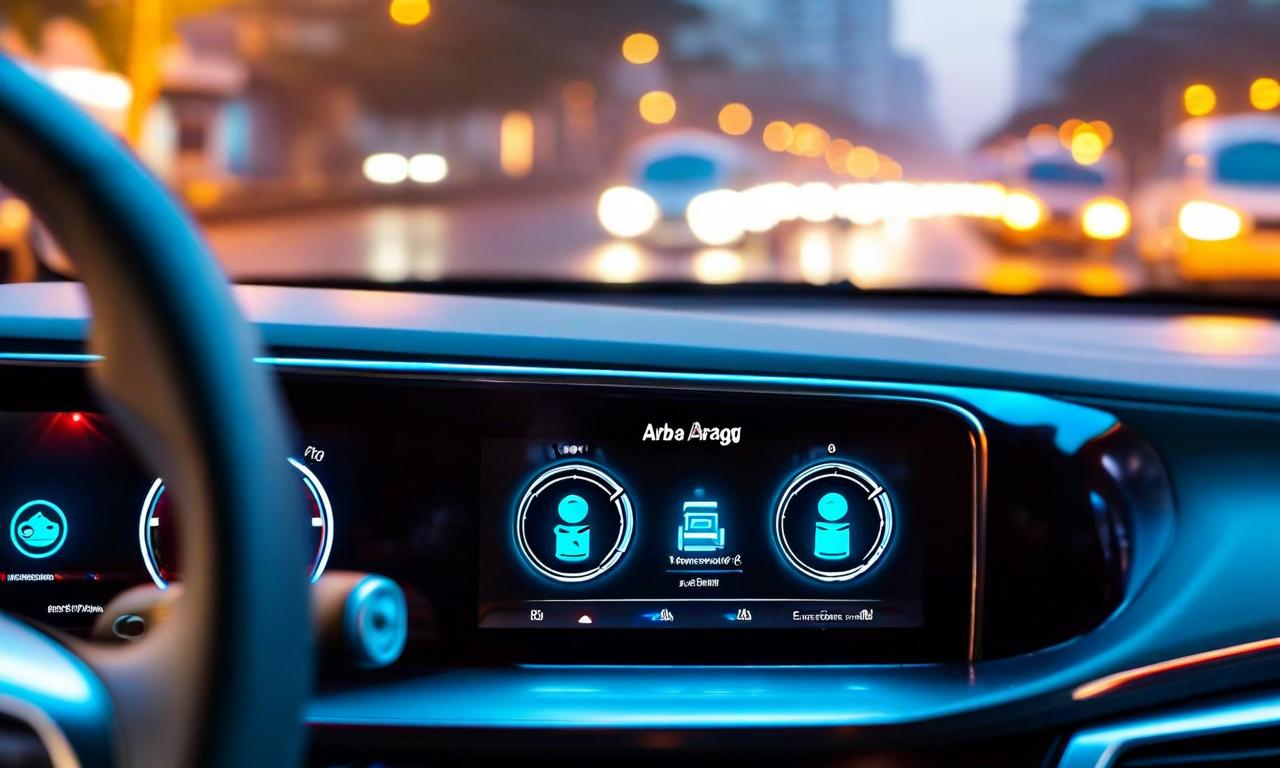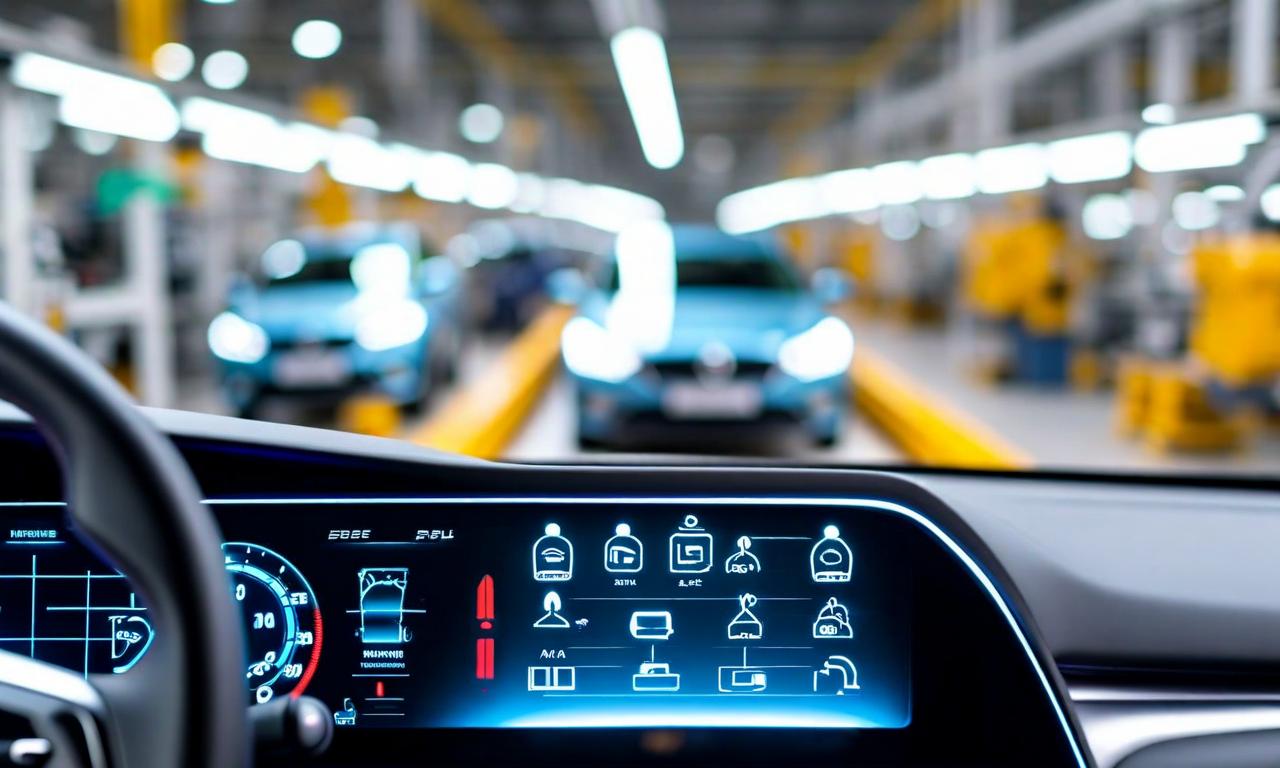Maruti Suzuki Executive Highlights Impact of Affordable Entry-Level Cars on Industry Growth
A Maruti Suzuki executive commented on the influence of affordable entry-level cars on India's automotive industry growth. The company reported an 8.10% increase in net sales to INR 366,247.00 million, but an 18.90% decline in operating EBIT. Total sales volume grew 1.10% to 527,861 units, with domestic sales declining 4.50% and exports surging 37.40%. The mini segment saw a 36.60% drop in sales. Maruti Suzuki is expanding its business scope to include electric vehicles, mobility services, and vehicle recycling. The company reappointed Mr. Kenichiro Toyofuku as Director (Sustainability) and appointed new statutory auditors.

*this image is generated using AI for illustrative purposes only.
A senior executive from Maruti Suzuki India Limited has recently commented on the influence of affordable entry-level cars on the automotive industry's growth in India. This statement comes amidst the company's latest financial results and strategic moves in the evolving automotive landscape.
Financial Performance
Maruti Suzuki reported its financial results for the quarter. The company's net sales increased by 8.10% to INR 366,247.00 million compared to the same quarter last year. However, the operating EBIT (Earnings Before Interest and Taxes) saw a decline of 18.90% to INR 30,578.00 million.
The company's total sales volume for the quarter stood at 527,861 units, representing a modest growth of 1.10% year-on-year. Interestingly, while domestic sales declined by 4.50%, exports surged by 37.40%, compensating for the domestic slowdown.
Market Dynamics
The statement regarding affordable entry-level cars impacting industry growth comes at a time when Maruti Suzuki's domestic sales in the mini and compact segments have seen significant declines. The mini segment, in particular, experienced a sharp 36.60% drop in sales compared to the same quarter last year.
This trend suggests a shifting consumer preference in the Indian automotive market, potentially moving away from entry-level vehicles towards other segments such as utility vehicles (UVs) and more premium offerings.
Strategic Initiatives
In response to the changing market dynamics, Maruti Suzuki is taking several strategic steps:
Expansion of Business Scope: The company's board has approved alterations to its Memorandum of Association, broadening its business objectives. These changes include venturing into electric and alternative fuel vehicles, mobility services, and vehicle recycling.
Focus on Sustainability: The re-appointment of Mr. Kenichiro Toyofuku as Director (Sustainability) for another three-year term underscores the company's commitment to sustainable practices in its operations.
Corporate Governance: The appointment of Price Waterhouse Chartered Accountants LLP as the new statutory auditors for a five-year term reflects Maruti Suzuki's focus on maintaining high standards of financial reporting and corporate governance.
Industry Implications
The executive's statement on affordable entry-level cars impacting industry growth raises questions about the future direction of the Indian automotive market. As consumer preferences evolve and environmental concerns gain prominence, automakers may need to reassess their product strategies and market positioning.
Maruti Suzuki's strategic moves, including its expansion into new business areas and focus on sustainability, indicate the company's efforts to adapt to these changing market conditions and consumer expectations.
As the Indian automotive industry continues to evolve, the balance between affordability and advanced features in vehicles will likely play a crucial role in shaping market trends and industry growth in the coming years.
Historical Stock Returns for Maruti Suzuki
| 1 Day | 5 Days | 1 Month | 6 Months | 1 Year | 5 Years |
|---|---|---|---|---|---|
| -3.16% | -3.93% | -5.62% | -2.22% | +16.21% | +105.10% |



































